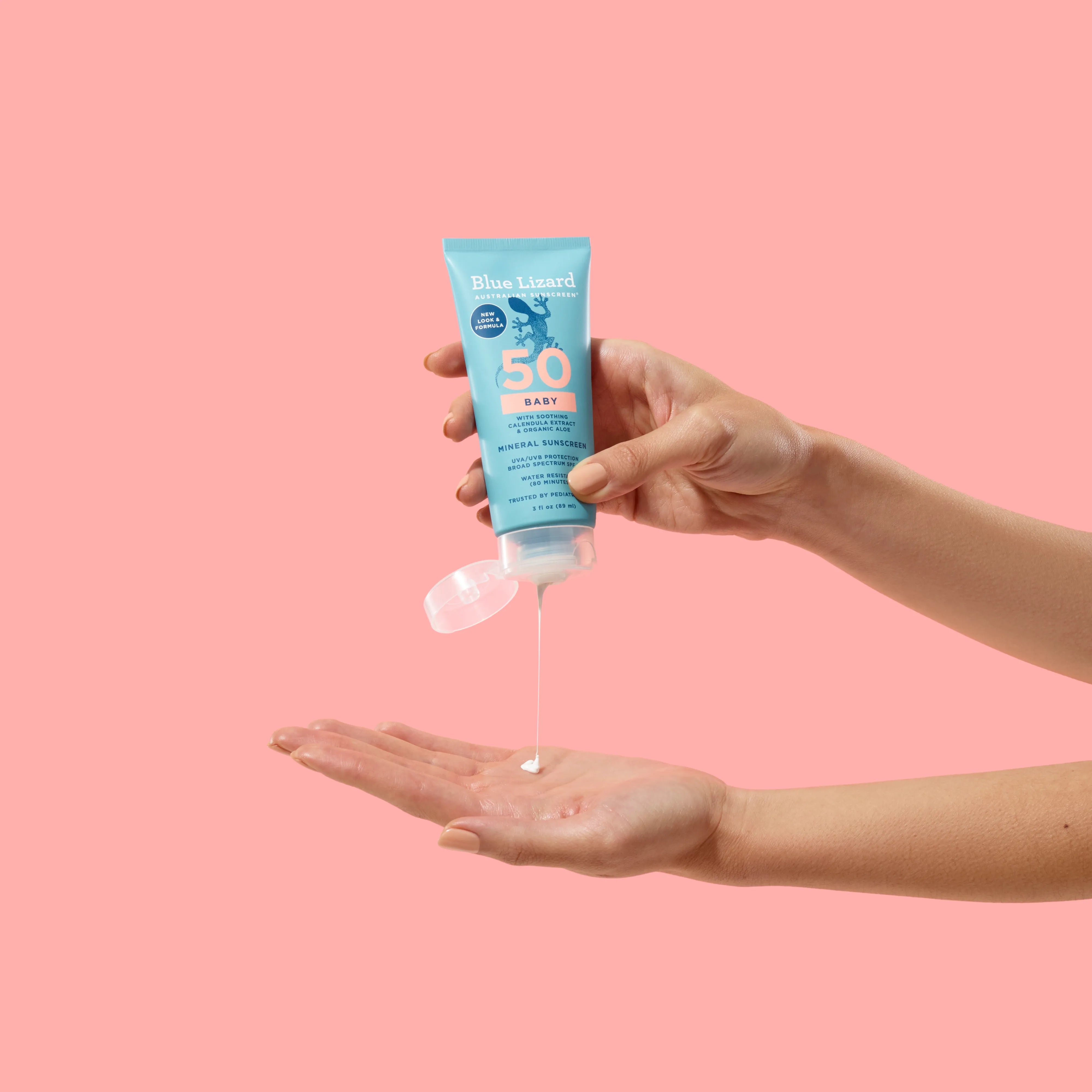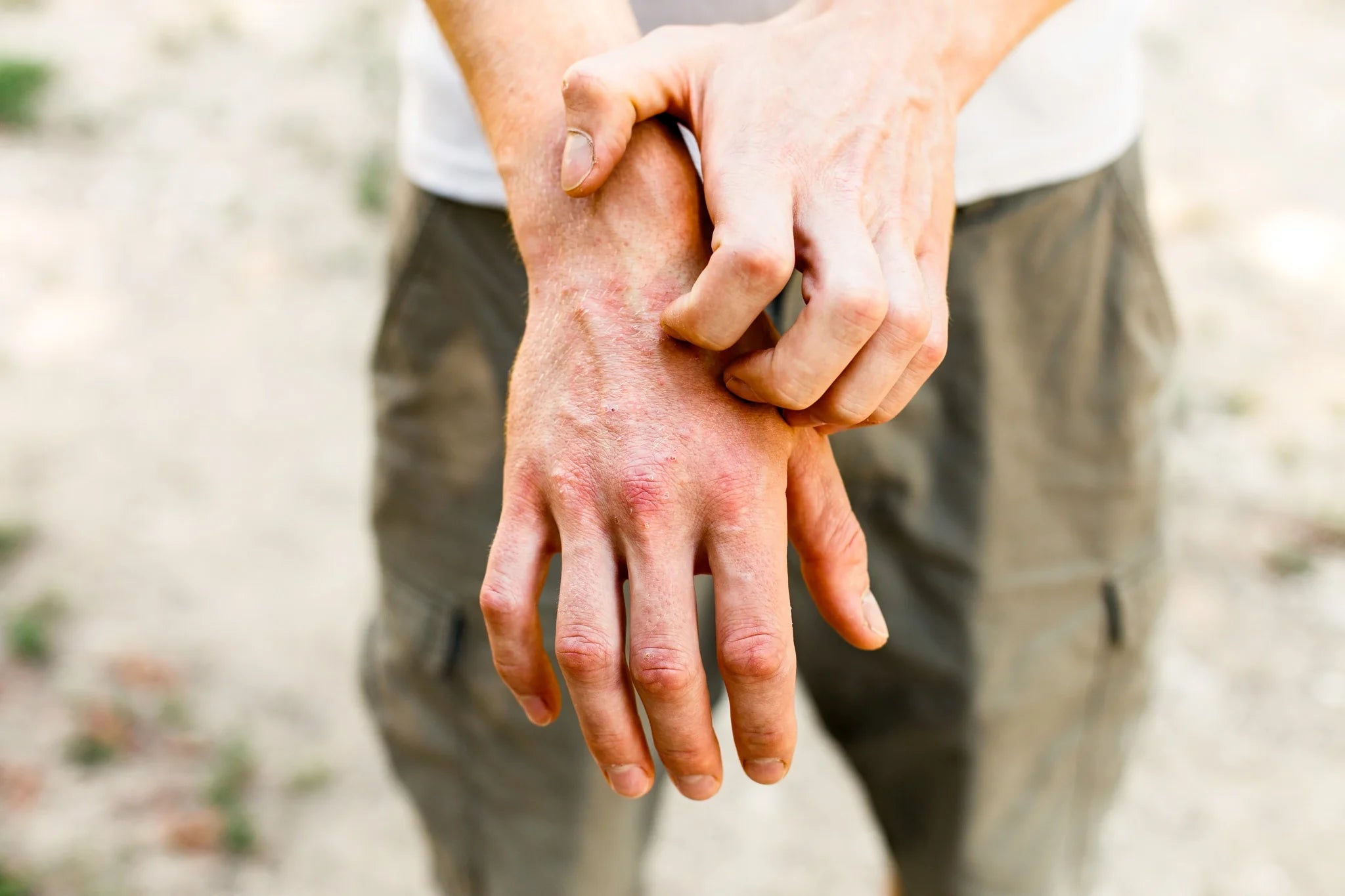Some people are more sensitive to the sun than others. This could be because of sensitive skin conditions like rosacea or eczema or because of an underlying medical condition. But if you find that your skin is suddenly more sensitive than it used to be, you may want to check your medications. They could be causing what is known as a photosensitive reaction.
What is photosensitivity?
Photosensitivity is an increased sensitivity to UV rays that can cause painful or irritating inflammation. Someone with photosensitivity may break out in an itchy rash when exposed to the sun, and others may develop what looks and feels like a severe sunburn.
Photosensitivity is a common symptom of medical conditions like lupus and polymorphous light eruption, but the condition can develop as a side effect of medication or other skincare products. This can cause existing skin conditions to flare-up or intensify. Thankfully, photosensitivity that develops because of a medication usually goes away once the medication is discontinued, and the reactions disappear quickly if treated properly.
Not only are photosensitive individuals more susceptible to allergic reactions and sunburn, they are more at risk for severe skin damage and skin cancer.
There are two types of photosensitive reactions: phototoxic and photoallergic.
Phototoxic
Phototoxic reactions are the most common type of photosensitivity and occur when a medicine (taken orally or topically) reacts with UV light and damages your skin.
This type of reaction looks like a sunburn or a rash and can cause burning and itching. Some phototoxic reactions occur shortly after or during sun exposure, but symptoms may not arise until up to 24 hours after exposure.
Both over-the-counter and prescription drugs have the potential to cause phototoxic reactions. Antibiotics, acne medications, and chemotherapy drugs are the most likely to cause phototoxic reactions, but antihistamines and painkillers are also culprits.
Photoallergic
Photoallergic reactions occur when UV rays interact with medications or skincare products applied directly to the skin. This interaction makes your body’s immune system see the medication as a threat, prompting an immune response.
This type of reaction is less common than phototoxic reactions, but can be more severe if left untreated. The reaction can look like a rash with blisters or oozing lesions. Photoallergic reactions usually last one to three days after the initial breakout.
Preventing photosensitive reactions

The only person who can suggest treatment for photosensitive reactions is your physician. It may be as simple as changing or discontinuing certain medications, but a trip to the dermatologist’s office is the best place to start for all skin questions.
Whether you’re having a photosensitive reaction or not, it’s always best to follow the AAD’s sun safety steps: Wear protective clothing and wide-brimmed hats to physically block the sun’s rays, avoid going outside during peak hours, and always remember to apply (and reapply) sunscreen.
Mineral sunscreens like Blue Lizard Sensitive protect your skin without the use of chemical active ingredients.
Click here to learn more about sensitive skin conditions like eczema and rosacea.








